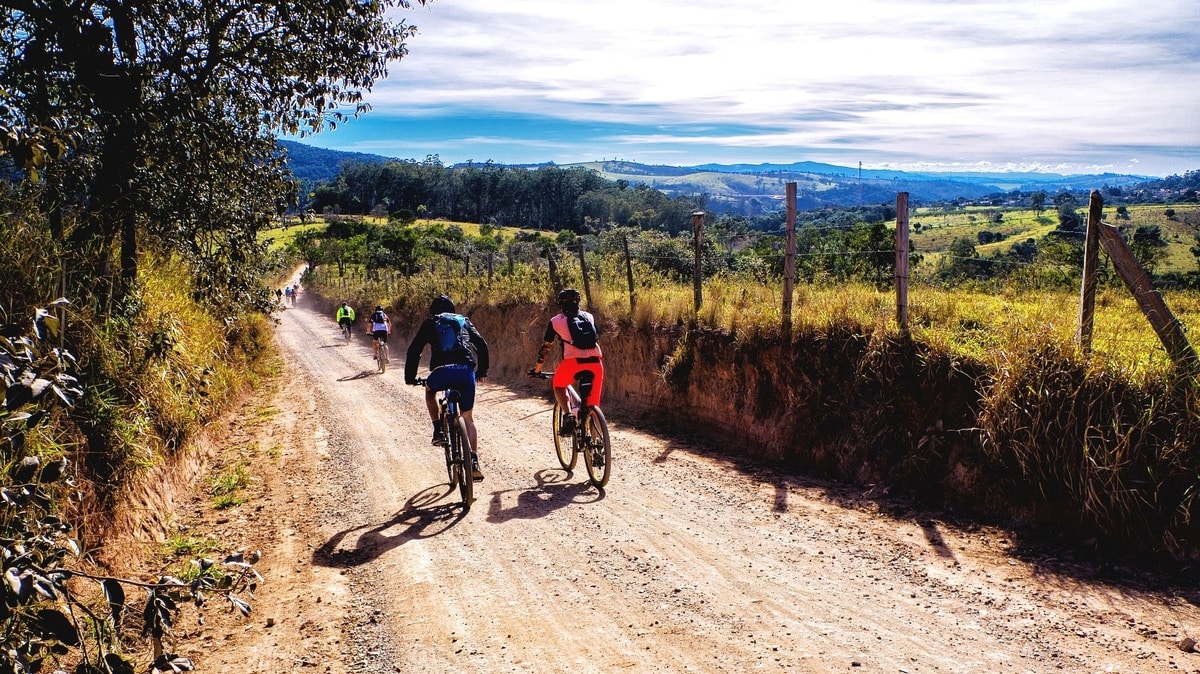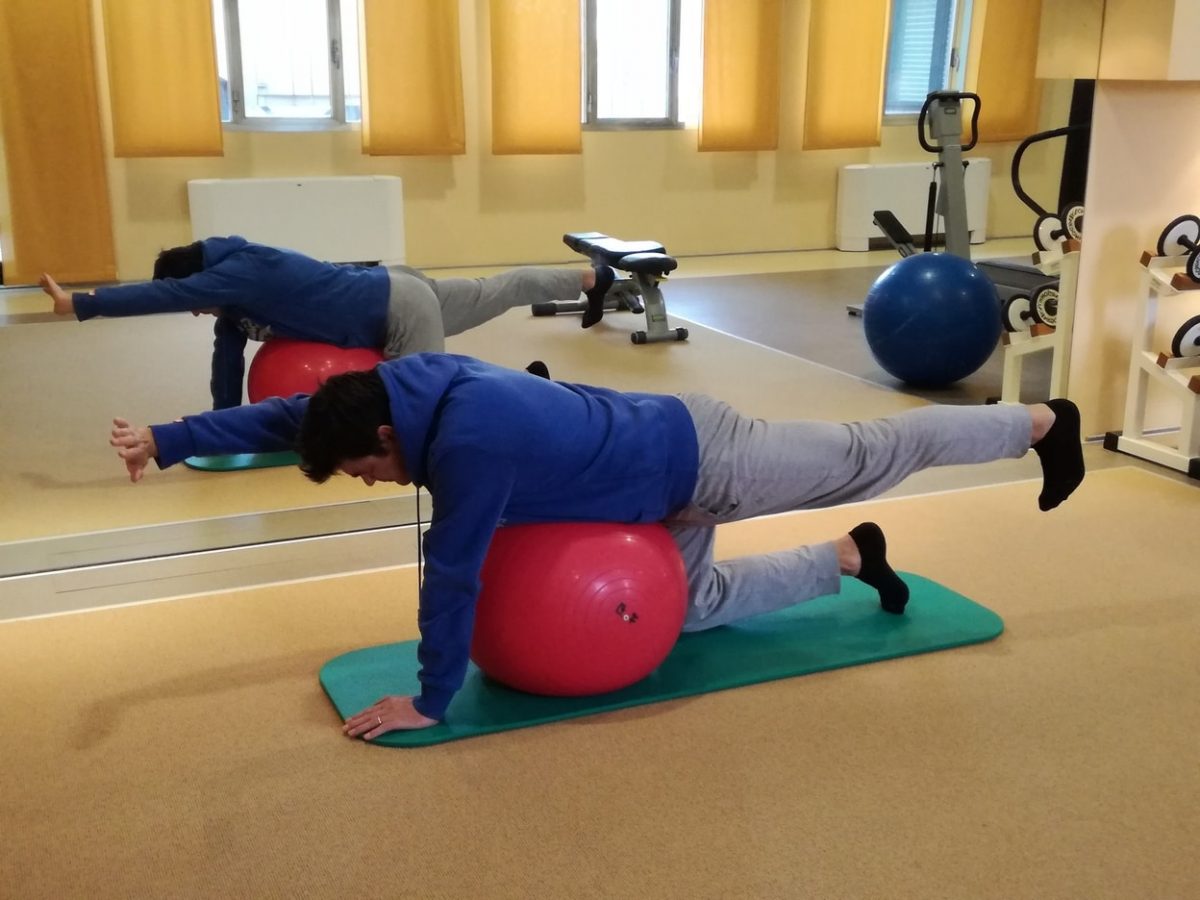Sleep and Health

We left behind March with the World Sleep Day on March 16, 2018, which gave birth to the 2nd edition of the Sleep & Health Project.
Sleep little is not bad for health and can affect some common chronic diseases: about 4 diabetic patients out of 5 and 2 hypertensive patients out of 5 present symptoms of insomnia.
Sleep disorders
Insomnia and alteration of circadian rhythms cause cascade effects on different organs, with potential negative implications on dysfunctions such as hypertension, diabetes and obesity. This is what emerges from some recent studies that demonstrated the close correlation between sleep disorders and diseases of the cardio-metabolic system such as arterial hypertension and type II diabetes. Furthermore, according to studies, diabetes is one of the major comorbidities in sleepless patients and people with sleep disorders have a risk of high blood pressure higher than 300-500% compared to non-sleepers (regardless of age, mass index body, diabetes, consumption of alcohol and smoking). Talking about sleep disorders with your family doctor is essential to take the appropriate action.
Prof. Lino Nobili, Head of the Sleep & Health Project, Secretary of the European Sleep and Research Society and Head of the Centro di Medicina del Sonno dell’Ospedale Niguarda di Milano states: “This is a further confirmation of the important role played by the sleep in maintaining a correct psycho-physical health: every alteration of the so-called internal biological clock, in fact, also affects other fundamental physiological functions such as hormonal levels, body temperature, blood pressure, mood and metabolism energy. Associated with sleep disorders, hypertension and diabetes, there is often a reduced production of melatonin, a natural hormone produced in the pineal gland that regulates the circadian rhythms and the correct functioning of the internal biological clock within 24 hours. In addition to intervening on the sleep-wake rhythm, in fact, melatonin has a direct action in the regulation of energy metabolism and glucose in the 24-hour period. Furthermore, by acting on circadian rhythms and consequently on arterial pressure, it can also affect the cardiovascular system.”
In light of this evidence, the second edition of the Sleep & Health Project was launched, this year focusing on the cardio-metabolic comorbidity of insomnia. The project aims to raise awareness among general practitioners and specialists (cardiologists, endocrinologists, geriatricians, diabetologists, neurologists, internists, psychiatrists) on the importance of not underestimating sleep disorders and favoring a correct and timely recognition of patients with this type of disorder and the adoption of an appropriate therapeutic diagnostic approach.
The Sleep & Health project is implemented under the auspices of the World Sleep Society and with the support of AIMS, SIN, SIIA, SIMI and AMD, thanks to the contribution of Fidia Farmaceutici of Abano Terme, a company with consolidated expertise in the field of neuroscience and world leader in the field of products based on hyaluronic acid and its derivatives, with a global leadership in viscosupplementation.
How intervene?
There are two main options to be used: behavioral interventions and medical therapies (these include pharmacological treatments and PAP therapy – mechanical ventilation with positive pressure on the respiratory tract – for the treatment of insomnia due to sleep apnea). “There are in fact numerous methods to correct incorrect behavior that can cause or worsen insomnia. They are generally aimed at changing habits, expectations and behaviors that do not favor sleep as well as reducing anxiety levels related to sleep (“the fear of not sleeping”), ” said Prof. Lino Nobili.
The wish of the AbanoRITZ is that the famous proverb “April, sweet sleep” comes true and if it were not so we have the luck and the pleasure of being able to share tricks and solutions to correct habits and wrong behavior for our health. Our mission is to implement all that is in our power to facilitate in this sense the proper management of sleep by not only turning to those who make wellness an important pillar of their lives but especially to people who have symptoms related to insomnia.
Let’s remember the benefits of mud-balneotherapy against stress: it fights it, reactivates the circulation, detoxifies the body and remineralises the body, decontraining the muscles; it still deeply decongests, stimulates and oxygenates blood and tissues, gives energy and vitality helping to regulate sleep-wakefulness. All this is possible thanks to the stimulation of metabolism and the activation of anti-stress hormones: cortisol and beta-endorphins. Ozonated thermal baths are an excellent adjuvant to purify the body, stimulate circulation and release endorphins that generate a sensation of pleasure and relaxation.
Our RitzSPAce center offers a wide range of massages and over 40 different treatments offered by a team of mass-physiotherapists and wellness specialists to completely relax the body and thus reconcile sleep in a profound way.
Training the body and decompressing tension with healthy physical activity is always of fundamental importance, our Fitness area offers, in addition to the Fit & Fun Program, Personal Trainer for tailor-made routes and outdoor Easy Activities.
A right number and a suitable duration of diving in our thermal waters, suggested by our professionals during a careful consultation, are available with the Water Wellness programs including Aquahealing in the pool: the journey into the depths of relaxation that allows the discharge and the dissolution of physical and psychological tensions, favoring the return to the surface of unconscious memory bubbles and the overcoming of emotional blocks.
Packages created specifically for specific needs can also be consulted and booked in our Health Programs.











